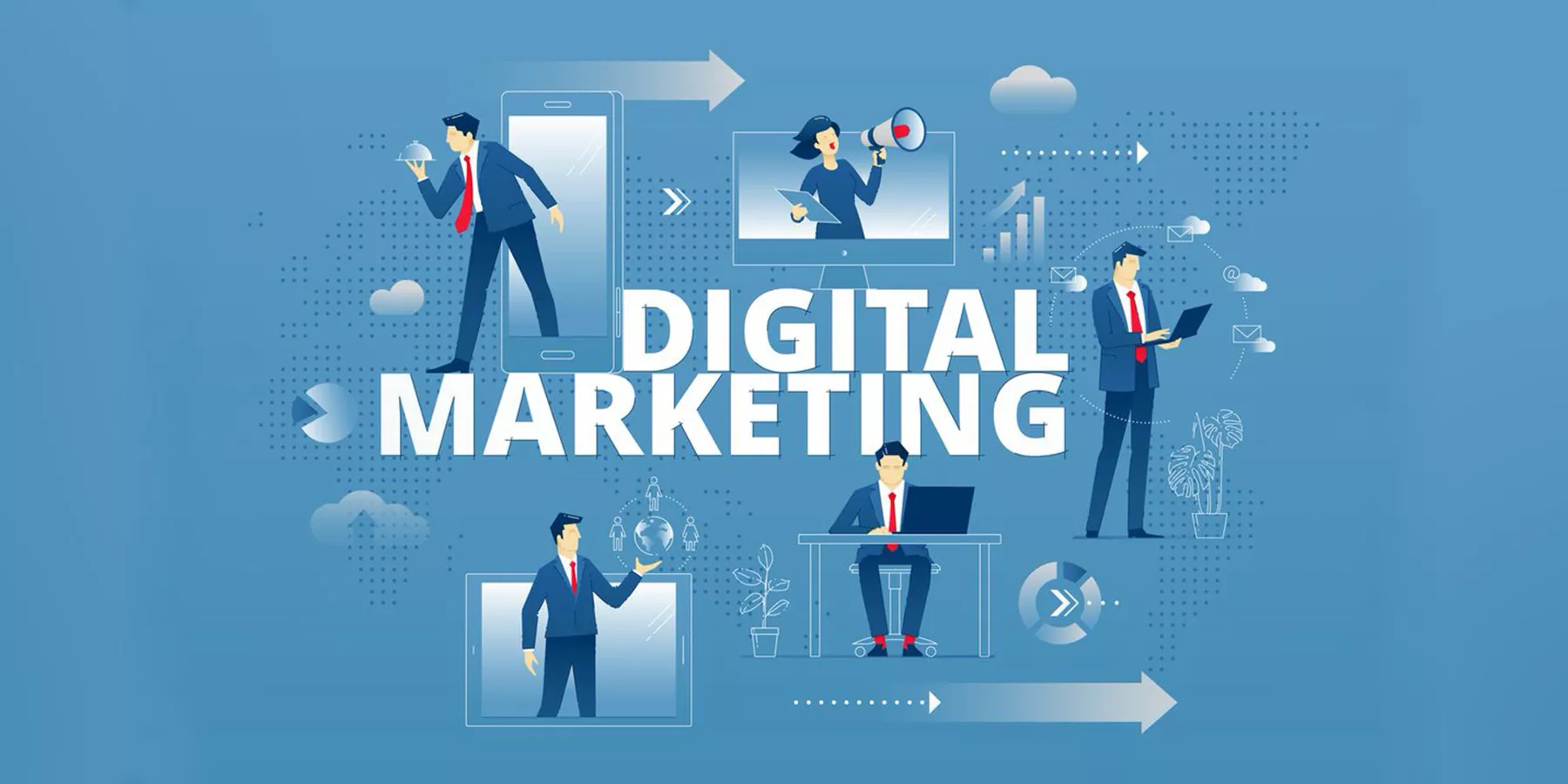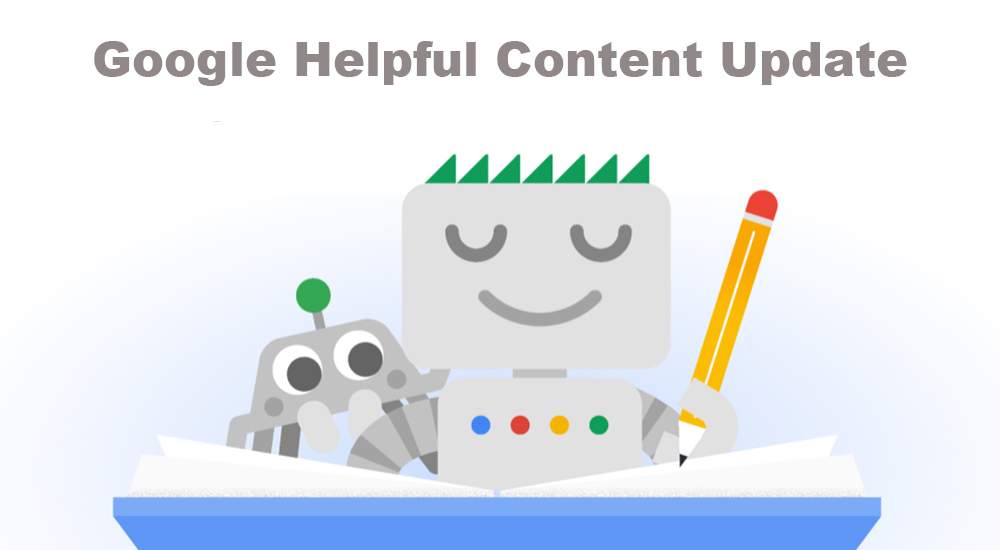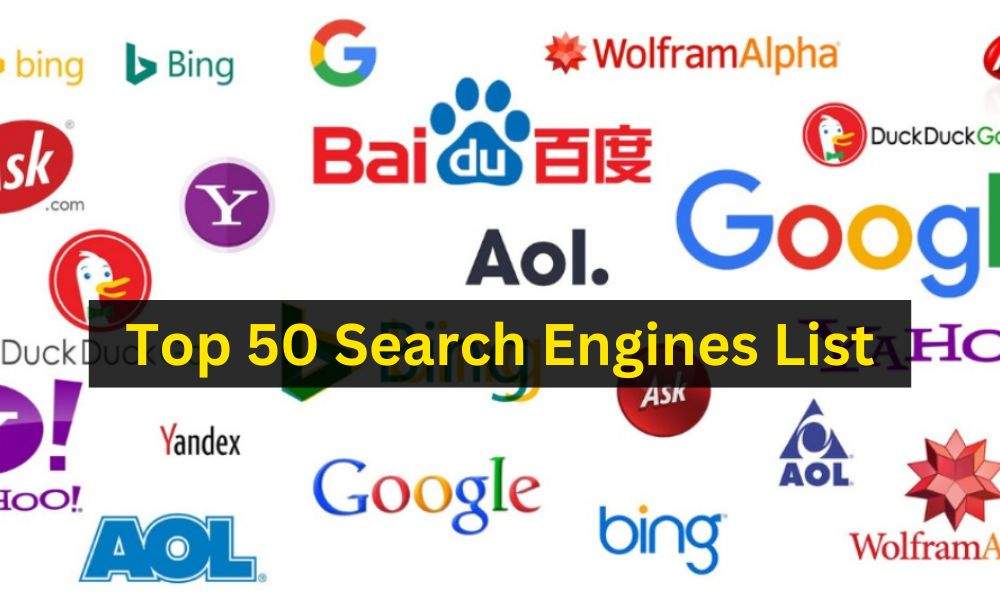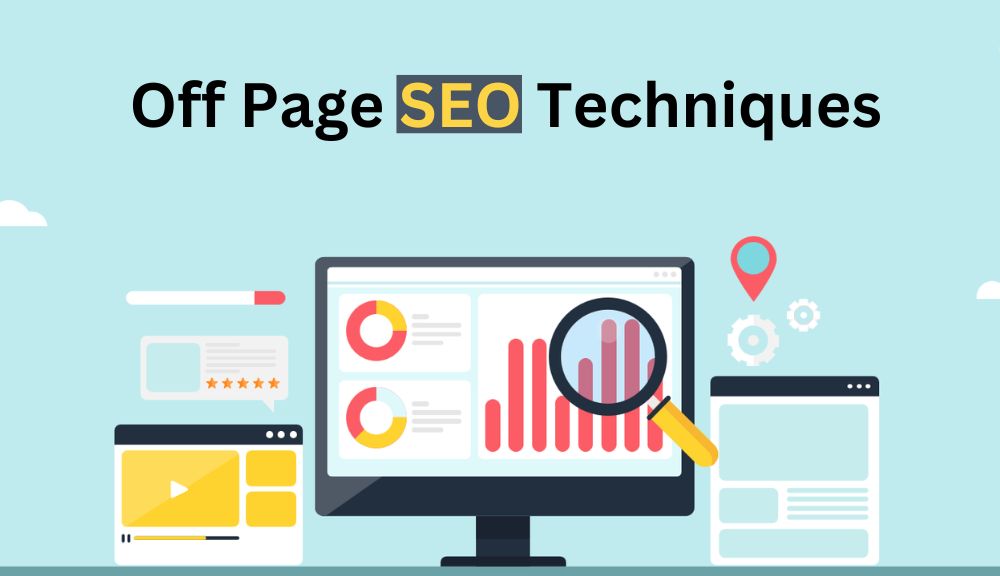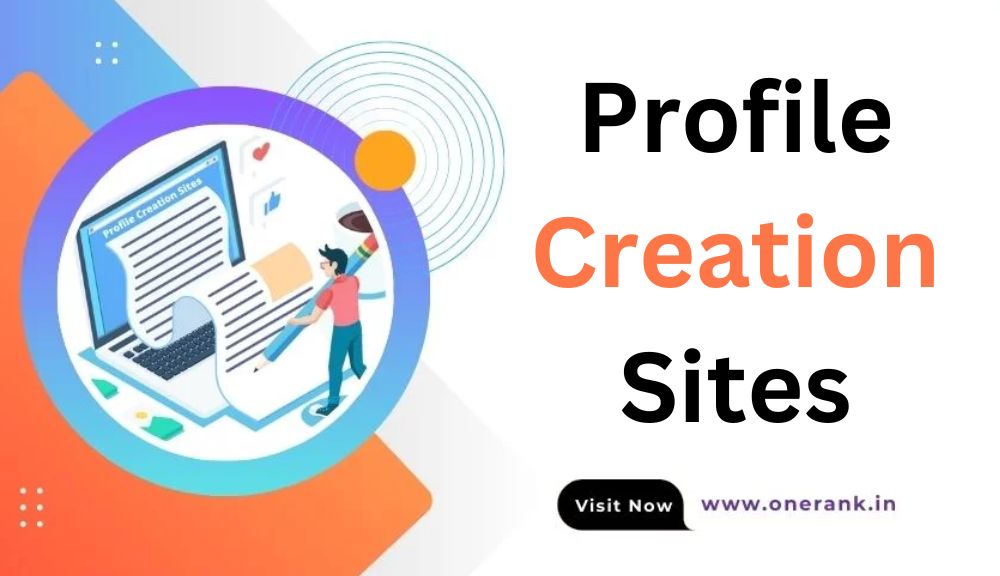Digital Marketing Job Description | Roles & Responsibilities in 2025
Digital Marketing Job Skills
In the dynamic and ever-evolving field of digital marketing, professionals need a varied skill set to do well in driving efficient strategies, involving audiences, and accomplishing business objectives. Here’s an elaborate summary of the crucial skills needed for various digital marketing roles:
Skills required in digital marketing
1. SEO (Search Engine Optimization)
Search Engine Optimization (SEO) is a process that helps a website rank higher in Google and other search engines. It focuses on keyword research, on-page, off-page SEO and technical SEO to increase organic traffic. SEO improves user experience by increasing the visibility of the website and is an effective means of reaching the right audience.
- Keyword Research
- On-page and off-page SEO
- Knowledge of Google Analytics and Google Search Console
- Backlink Creation
2. SEM (Search Engine Marketing)
Search Engine Marketing (SEM) is a digital strategy that uses paid advertising to drive traffic to a website. It uses tools like Google Ads, which work on the PPC (Pay-Per-Click) model. SEM involves choosing the right keywords, setting a budget, and keeping track of campaigns. It is an effective way to increase brand presence instantly.
- Setting up paid ads
- Knowledge of the PPC (Pay-Per-Click) model
- Budget Planning
3. Content Marketing
Content marketing is a long-term strategy that increases brand credibility and engagement by providing consumers with valuable and relevant information. It includes things like blogs, guides, videos, podcasts, and social media content. It aims to not only attract customers but also keep them engaged with the brand for a long time and solve their problems.
- Blog and Article Writing
- Creating SEO Friendly Content
- Video and Infographic Creation
4. Social Media Marketing
Social media marketing is a strategy to reach the audience through social platforms. It includes creating, posting and promoting content for the brand on platforms like Facebook, Instagram, Twitter, LinkedIn, Pinterest, etc.
- Content Planning and Post Scheduling
- Social Media Analytics
- Paid social media advertising
5. Email Marketing
Email marketing is an effective strategy that helps deliver personalized and relevant information directly to customers.
- Email Template Design
- Marketing automation tools (e.g. Mailchimp, HubSpot)
- Understanding Open Rate and Click-Through Rate (CTR)
6. Web Analytics
Web analytics is used to measure website traffic and user behavior. Data is collected and analyzed using tools like Google Analytics. This information helps understand the effectiveness of marketing campaigns and website performance. Web analytics helps make data-driven decisions.
- Google Analytics
- Heatmap Analysis
- Data Interpretation
7. Design and Creativity Skills
Design and creativity skills help enhance the visual appeal of a brand. This includes graphic design, infographics, and banner creation. Tools like Adobe Photoshop, Canva, and Figma are widely used in this field. These skills play an important role in building a brand identity and grabbing the attention of consumers.
- Knowledge of Adobe Photoshop, Canva, and Figma
- Banners, infographics and animation creation
8. PR and Communication Skills
Public relations and communication skills help maintain a brand’s reputation and image. This includes effective communication, writing press releases, and building relationships with the media. These skills help the brand present a positive image with customers and partners.
- Writing Skills
- Public Relations and Branding
9. Video Marketing
Video marketing uses video content to promote a brand. This includes YouTube videos, Instagram reels, and short form videos. Video content is an effective medium to connect deeply with the audience. It helps to tell the brand’s story and present the products in an engaging way.
- Video Editing
- youtube optimization
- Short form videos (like Instagram Reels and YouTube Shorts)
10. CRO (Conversion Rate Optimization)
Conversion rate optimization (CRO) is the process of converting website visitors into customers or users who take desired actions. It involves the use of techniques such as landing page design, A/B testing, call-to-action buttons, and improving user experience (UX). The main purpose of CRO is to increase the website’s performance rate and increase the brand’s popularity.
- Landing page design
- A/B Testing
- Customer Behavior Analysis
Tips to Make a Career in Digital Marketing
- Build your portfolio : The more projects you have experience with, the stronger your portfolio will be.
- Do an internship : In the initial stages, internship gives you knowledge about the industry.
- Get certified : Get digital marketing certifications from platforms like Google, HubSpot, and Facebook.
- Network : Attend digital marketing events and webinars.
- Stay updated : Keep an eye on changes in trends, tools, and algorithms.
Responsibilities
- Developing and executing digital marketing campaigns.
- Managing social media platforms and online presence.
- Analyzing digital metrics and campaign performance.
- Creating engaging content for websites and social media.
- Implementing SEO strategies to improve website visibility.
- Managing email marketing and customer outreach.
- Conducting market research and audience analysis.
- Optimizing digital advertising (PPC, display ads, etc.).
- Maintaining brand consistency across digital channels.
- Monitoring competitor activities and industry trends.
Working Hours
Working hours typically vary depending on the industry, company, and role. However, a standard workweek is often from Monday to Friday, with around 8 hours per day, totaling 40 hours a week. Some roles may require flexible hours, evening, or weekend shifts, especially in digital marketing and customer support. It can also depend on whether you’re working in a full-time, part-time, or freelance capacity.
Qualifications
Qualifications for a digital marketing role typically include:
- Education: A bachelor’s degree in marketing, business, communications, or a related field is often preferred.
- Experience: Previous experience in digital marketing or a related field, including internships, is valuable.
- Skills:
- Proficiency in SEO, SEM, and Google Analytics.
- Knowledge of social media platforms and management tools.
- Content creation and copywriting skills.
- Experience with email marketing and automation tools.
- Understanding of PPC advertising and online ad platforms.
- Strong analytical and problem-solving abilities.
- Certifications: Digital marketing certifications like Google Ads, HubSpot, or Facebook Blueprint can be an asset.
- Soft Skills: Creativity, communication, teamwork, and time management skills.


